Brexit: How will leaving EU impact on border and policing in NI?
- Published

On a bad day, the security checks could add a good hour to a round trip between Belfast and Dublin
Those who experienced the "hard border" that existed between Northern Ireland and the Republic of Ireland during the Troubles will shudder at the memory of long queues of traffic as ID was checked and vehicles searched.
On a bad day, the security checks could add a good hour to a round trip between Belfast and Dublin.
Some in the Remain camp argued that a vote to exit the European Union would see a return of permanent border checkpoints.
Those in the Leave camp, including Secretary of State Theresa Villiers, insisted that was nonsense.
So what now?
The honest answer is that nobody quite knows.
Those who dismiss claims that a "hard border" could return point to what is called the Common Travel Area between Northern Ireland and the Republic of Ireland, which allows the free movement of people and goods.

When the United Kingdom formally exits the EU, it is possible the EU will insist on some form of checks on the movement of people for security reasons
There have been such agreements, which pre-dated the European Union (EU), that allowed easier cross-border movement.
However, it is unclear how those arrangements will be affected by the UK's withdrawal from the EU.
Demands
When the United Kingdom formally exits the EU, it is possible the EU will insist on some form of checks on the movement of people for security reasons, and goods, for the purposes of gathering any taxes due on products entering its territory from a non-member state.
However, there would be enormous pressure on the Irish government to resist any EU demands for permanent border checkpoints for domestic political reasons.
When he began talking to Sinn Féin in the hope of influencing republicans to end their campaign of violence, former SDLP leader John Hume argued that the border was irrelevant and did not exist in practical terms.
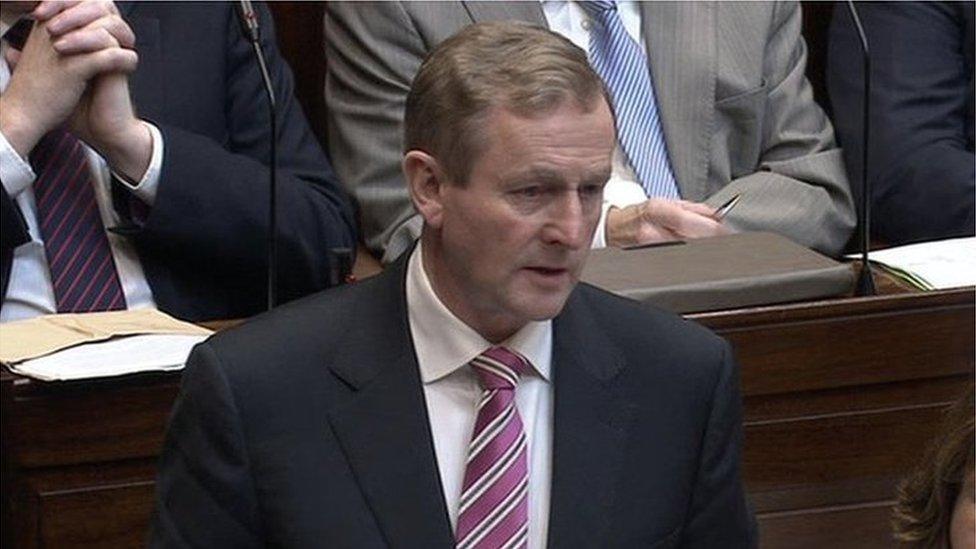
Taoiseach Enda Kenny said on Friday that the Irish government will seek to maintain the Common Travel Area
The sight of armed guards at permanent border checkpoints would make that border highly visible and hugely controversial.
Taoiseach (Irish prime minister) Enda Kenny said on Friday that the Irish government will seek to maintain the Common Travel Area. That clearly suggests he does not envisage a "hard border".
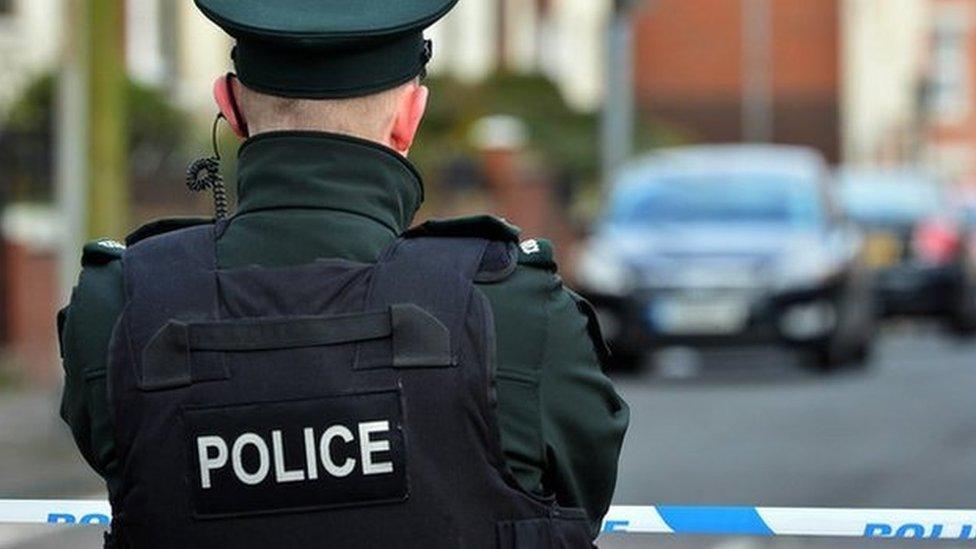
The Police Service of Northern Ireland (PSNI) can currently share intelligence with other European police forces
It is unclear at this stage what impact Brexit might have on policing arrangements in Northern Ireland.
The Police Service of Northern Ireland (PSNI) can currently share intelligence with other European police forces and access central data bases through Europol, and can participate in joint investigation teams.
It can also use European Arrest Warrants to ask other police forces to arrest suspects on its behalf.
Likewise, other European police forces regularly ask the PSNI to act on their behalf.
Mutual benefits
The future of all of those arrangements and structures is now unclear.
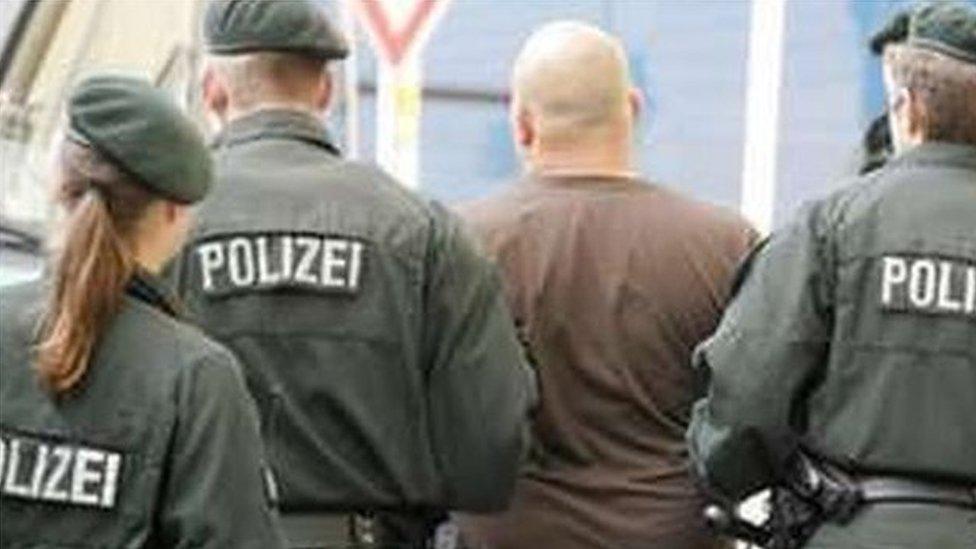
The PSNI hopes the EU will recognise the mutual benefits of keeping existing arrangements in place
It is possible they may all have to re-negotiated by the British government with each individual member state in the EU.
The PSNI hopes that will not be necessary and that the EU will recognise the mutual benefits of keeping existing arrangements in place.
But nothing is clear, and the fog of uncertainty is unlikely to be lifted anytime soon.
Find the result in your area
- Published24 June 2016
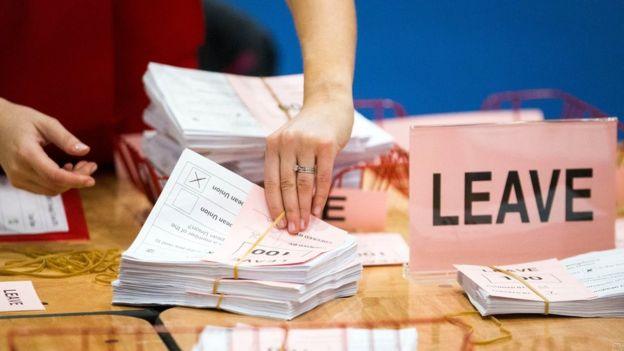
- Published24 June 2016
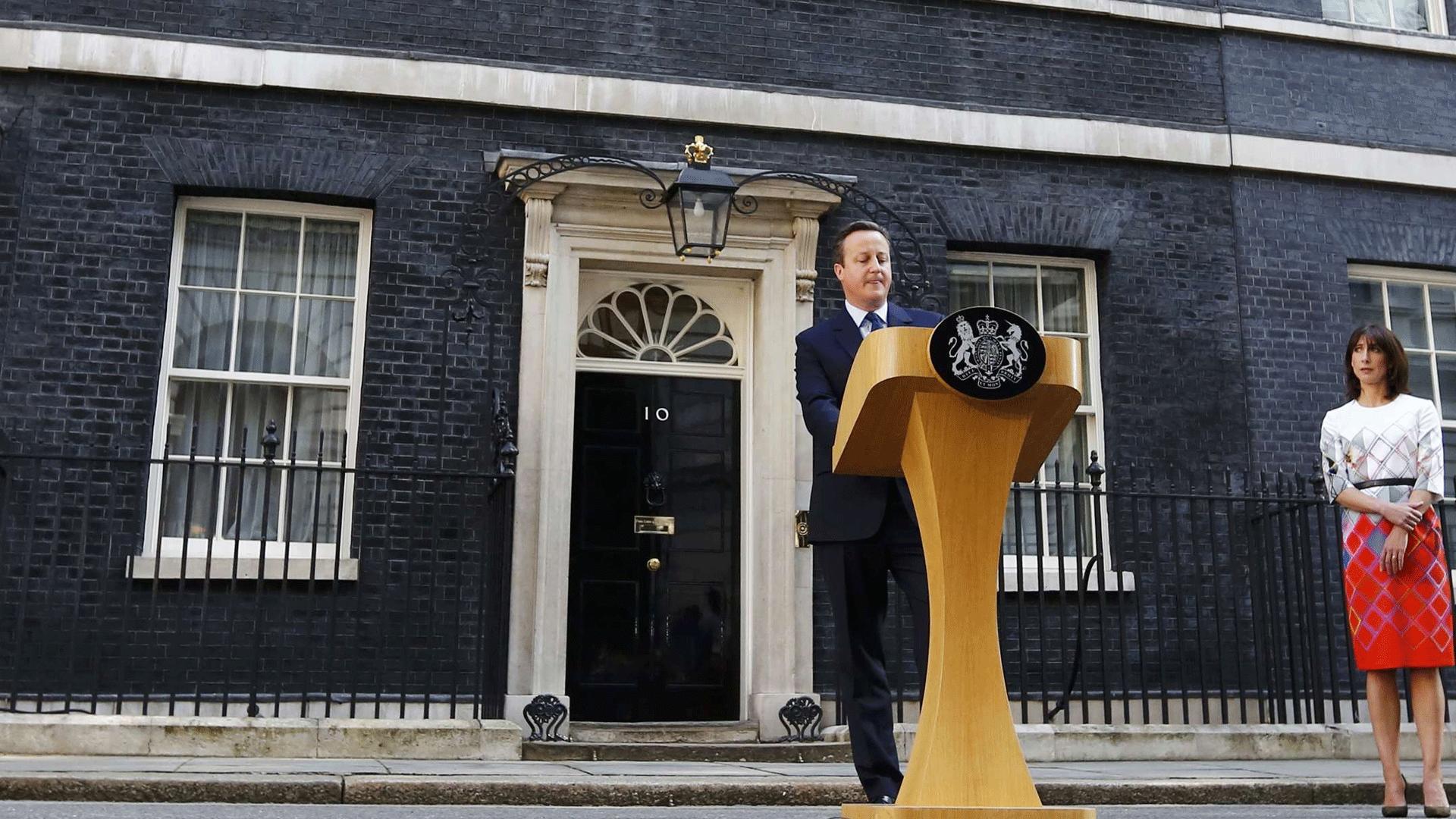
- Published24 June 2016

- Published24 June 2016

- Published24 June 2016

- Published24 June 2016
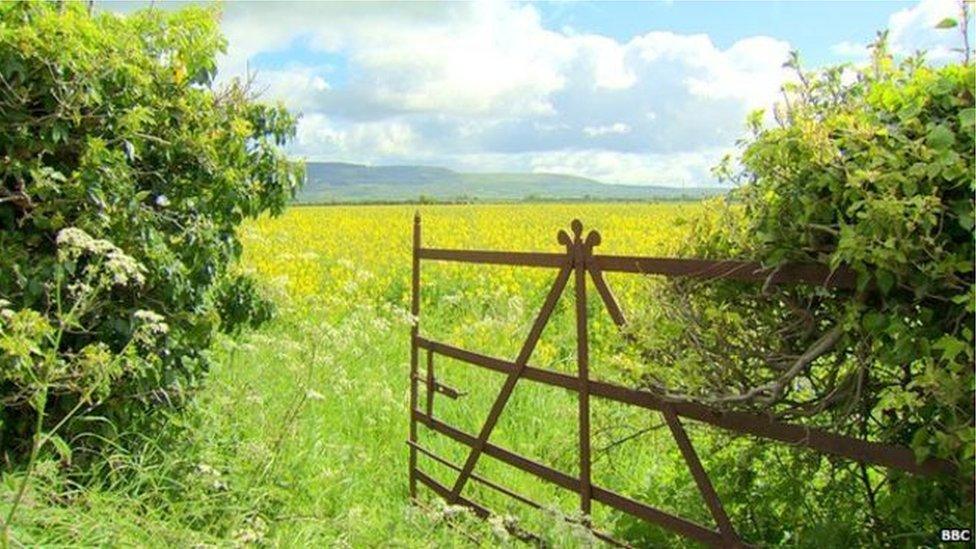
- Published24 June 2016

- Published24 June 2016

- Published29 June 2016
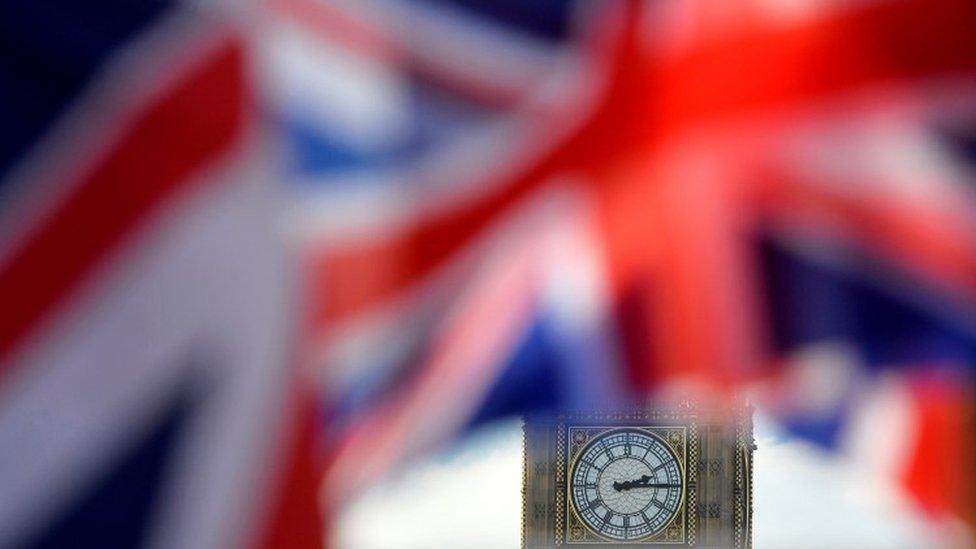
- Published7 June 2016

- Published29 April 2016

- Published30 December 2020
